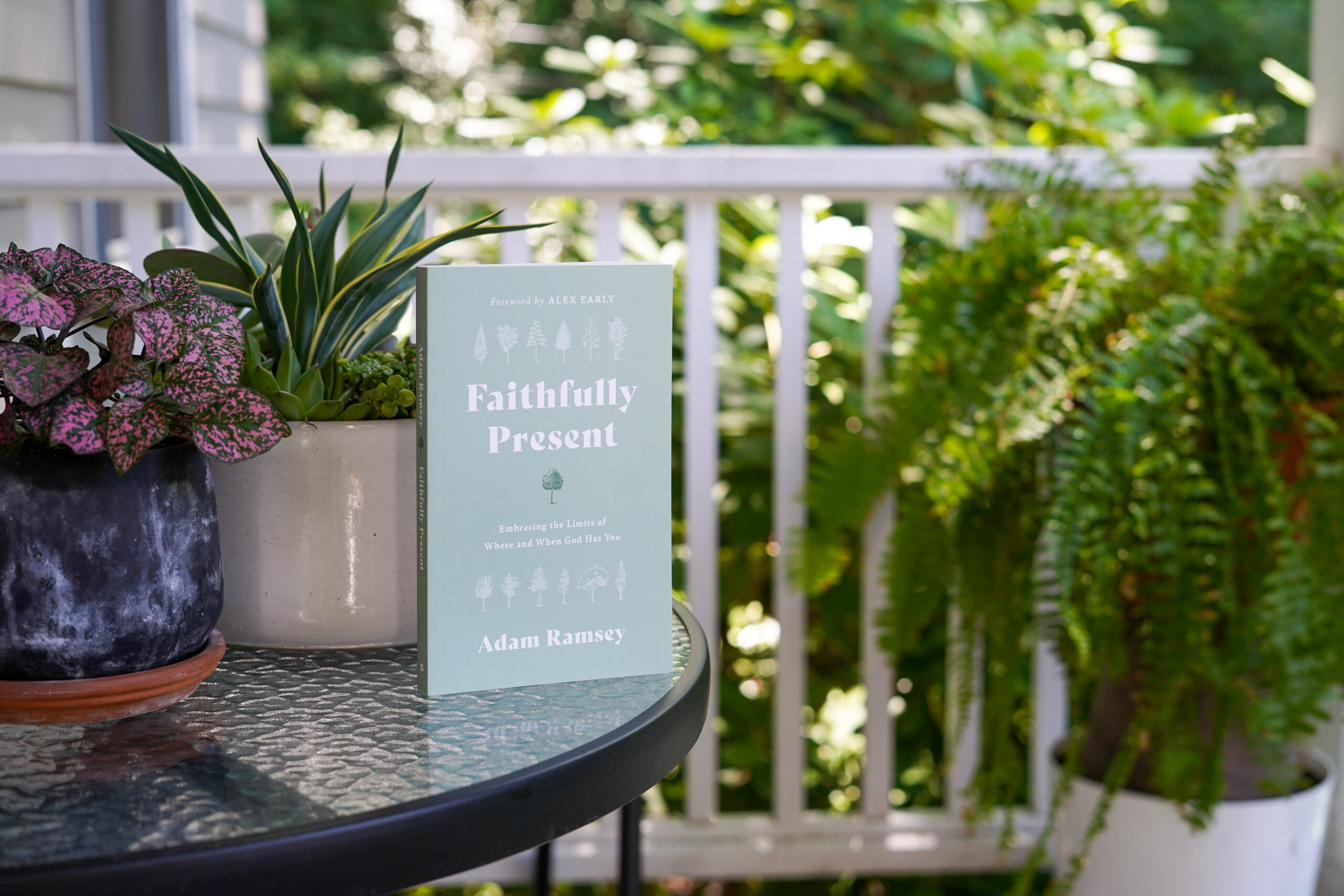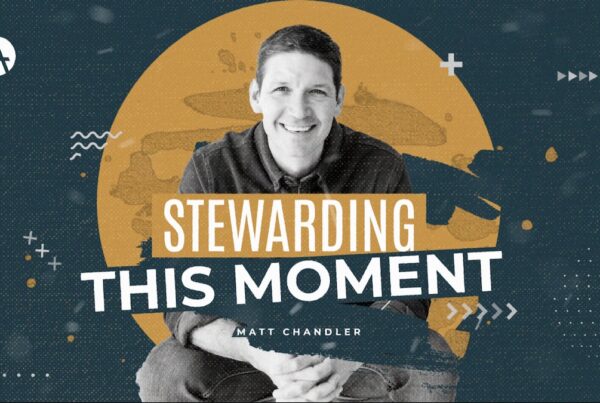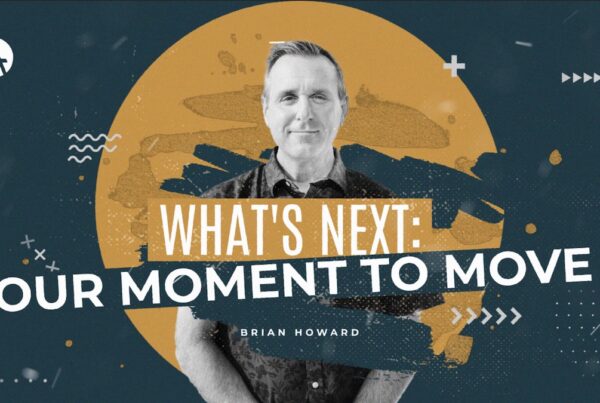One of the most important skills in speaking—whether face to face or on a stage—is knowing the importance of when not to. Let’s call it the art of pausing. The difference between a powerful sentence and mere noise, or between a joke that hits home and one that flies over people’s heads, often comes down to the use of a pause: an intentional space between words that gives weight to the message of those words.
The Unceasing Doer
Have you ever been in a conversation with someone who really likes to talk? You know who I’m talking about. The kind of person who enjoys talking so much that they don’t ever seem to stop. Those whose lips spill words like a waterfall spills the river: unceasingly. No breaks. No full stops or periods. There are barely even commas. Just an ever-flowing sequence of sounds until you either interject or they are called away. The extroverts find themselves a little frustrated by such people because they can barely get a word in. The introverts find themselves mildly mortified, perhaps tuning out ever so slightly and subconsciously wondering, “When did they last take a breath? Are they going to stop? Is God punishing me?!”
An inability to stop talking could stem from the pride of never wanting to listen to others; or perhaps it’s more of a naive carelessness that simply lacks self-awareness; or maybe it’s nervousness, because, to some of us, silence feels awkward and scary. Whatever the reason, the absence of pauses reveals an overestimation of the importance of a person’s own voice. Without pauses, our words blur together into a long, dull drone.When it comes to our activity, the ability to pause, to cease, to simply be, is a mark of humility because it acknowledges the limitations that God has woven into our humanity. Click To Tweet
And what an unceasing talker sounds like, an unceasing doer looks like. Always producing, always working, always doing, always planning, always moving—a person for whom busyness is a drug and productivity is lord.
The God of Productivity
The world you and I inhabit is a world of noise and speed and sweat, ruled by a tyrant named Productivity. The god of Productivity weighs us with the measure of our last performance; you are no more than the sum of what you produce. Yet when our value is tied to our output, to stop producing means to stop mattering. Perhaps that’s why stillness feels so alien to us. But, like all idols, regardless of what Productivity promises, it will demand exceedingly more than it gives. We are promised success but at the cost of our families; we are promised meaningful accomplishment but permitted no time to gratefully enjoy it; we are promised fullness of life at the expense of depleting our energy, our adrenal glands and our joy.
If we are what we do, then we must rarely be not-doing. As expectations around our output have increased, so too have expectations for our availability. The persistent pings of emails, messages, social-media interactions and news alerts from the devices in our pockets has corrupted our collective minds into believing that fullness of life is one of constant connectivity. Write this. Like this. Click this. Engage with this. Respond to this. Notice this. Learn this. On average, we now pick up our smartphones 81,500 times each year, or roughly once every 4.3 minutes of our waking lives. And the result is that more and more people are either forgetting or refusing to disconnect. Many of us tend to believe that stopping to rest is an admission of failure. Our heart wonders, “If I’m not achieving or producing or performing… then am I failing?” But stopping to rest is not an admission of failure. It is an admission of humanity.
Pause
You are not a machine but a human. And we are each learning to be humans by learning not only what God has called us to do but also what he has called us to not do. I am not unlimited, so I need to prioritise rest. I am not omnipotent, so I need to prioritise prayer. I am not omniscient, so I need to learn to listen. I am not omnipresent, so I need to stop trying to be everywhere for everyone and instead become comfortable with rhythms indispensable to healthy humanity.Pausing when God calls us to pause is never wasted time. Click To Tweet
What I want you to see is that when it comes to our activity, the ability to pause, to cease, to simply be, is a mark of humility because it acknowledges the limitations that God has woven into our humanity. It is in this way that pausing is a mark of maturity. When we were young, we never wanted to stop—which is why bedtime with small children so frequently feels like battling a mythological Hydra; one child is successfully put down, but two more rise up to take their place. For children often see the pause of rest as missing out—as wasted time. But pausing when God calls us to pause is never wasted time.
It is in the stopping—the pauses between our words—that our voices gain impact. It is in the stopping—the pauses between our work—that our lives gain impact. For it is in our pauses that we acknowledge that our time belongs to God.











